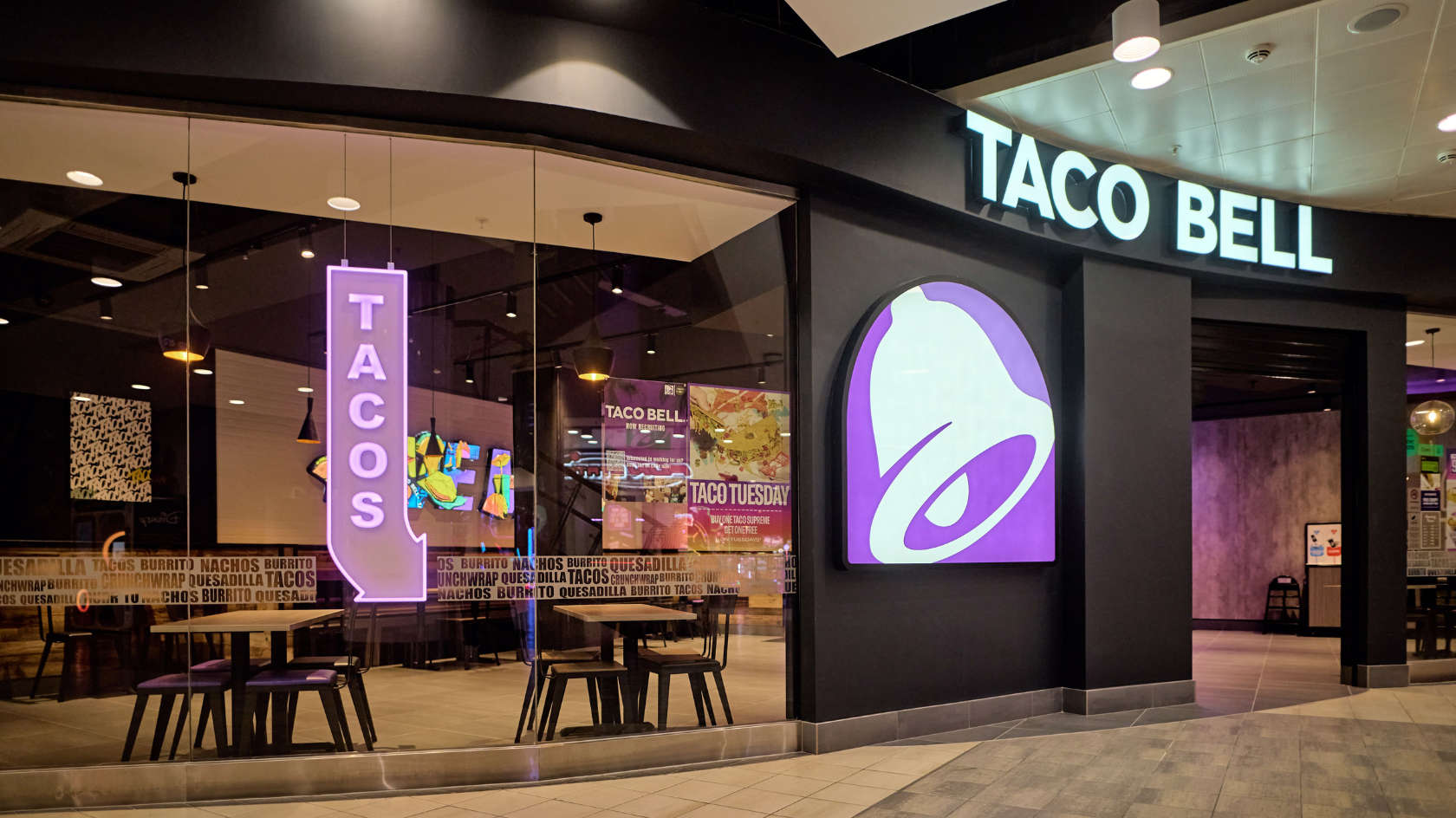
If you are to start a company in Milton Keynes, how sure can you be that it is still going to be in business after five years? Find out below!
Recent data from the Federation of Small Businesses says that over half of the companies started in Milton Keynes didn't survive in business until the end of 2019. The data suggests that the businesses that have failed already did so before the COVID-19 pandemic spread to the UK.
Data from the Office of National Statistics say that in 2014, 1,955 businesses were started in Milton Keynes. However, after only three years of activity, only 1,240 were still in business. What's more, by the end of 2019, only 835 were still active. After doing the math, it seems that there is a five-year survival rate of 43% when it comes to new companies opened in Milton Keynes. According to ONS, the survival rates for companies in the fashion and manufacturing sectors, as well as businesses in food services such as restaurants, were among the lowest nationally.
As for Milton Keynes, the ONS figures also show that at last count, the area had 15,705 active companies. What's more, according to the figures for one-year survival rates for companies set up in 2018, businesses in Milton Keynes has a survival rate of 92%, which is higher than the national rate of 89%.
Milton Keynes- an enterprise hotspot
Now, despite the five-year survival rate figures, Milton Keynes has a reputation as a great location to start a business. The city is one of the UK's fastest-growing cities, and it is an innovative and dynamic place to do business.
In 2015, data from Milton Keynes Chamber of Commerce Quarterly Economic Survey found that all businesses questioned believed that their workforce would either remain the same or expand. What's more, the Centre for Cities report has found back in 2015 that the overall job creation figures in MK are higher than in the UK. More precisely, 24,400 jobs have been created from 2004 to 2013, which is a phenomenal rise of 18.2%. Moreover, MK ranked sixth for SME density (Small and Medium-sized Enterprises), which is a sign that there's strong economic success. Plus, the city also ranked second for the highest proportion of high-tech and digital enterprises.
Yet, 2020 has brought some significant challenges for businesses across the globe. According to the Federation of Small Businesses, due to the pandemic, companies in MK and all over the UK are now reporting record falls in revenue, and many also reported staff cuts.
SMEs in the UK are struggling due to the pandemic
Small and medium-sized enterprises account for 50% of the UK's total generated revenue and 44% of the country's labour force. And, the crisis caused by the on-going global pandemic has affected many of these vital parts of the economy. More precisely, 80% of the surveyed SMEs reported stable or growing revenue for the year before the pandemic started. Today, 80% of the surveyed SMEs claim that their revenues are declining, according to McKinsey's data.
Most SMEs report several effects of the fact that they see as a result of the decrease in revenue. Some of the effects are:
- One in four business executives has concerns about defaulting on loans
- 24% of businesses have concerns about the ability to retain their employees
- 28% of them fear that they might not have the ability to sustain their supply chains
- 285 of businesses have expectations of reducing headcount as a consequence of the pandemic
- 36% of them are postponing growth projects
Tips for business survival in a pandemic
How can small businesses in MK and all across the UK survive today's uncertain times?
With the current state of a depressed economy in the UK and small businesses struggling to survive despite the pandemic's effects, everybody is hoping for a brighter future. But, until the pandemic is over, how can these businesses make sure that they get through it?
We have a few tips that can help small and mid-size businesses survive the current uncertain times.
Keep marketing your business
When revenues started to go down for most businesses, many of them started to make major cuts in their marketing budgets. According to an IPA Bellwether report, UK marketing budgets were cut by their highest levels in more than 20-year history.
If your company is among those who took money from marketing to direct them to other business areas, you should reconsider your decision. Even if your business survives, if you don't succeed to keep your company's name in front of customers and prospects, no one will buy. Or, at least, you won't attract new buyers, and you'll likely lose some of your loyal customers as well.
As the B2B market research specialists from Sapio Research explain, "Marketing is a vital part of any business, and business executives shouldn't ignore it, even during times of uncertainty or trouble. A marketing strategy is essential to connect with current and potential customers and convince them to purchase your products or services."
Make strategic alliances
It's not just your business that is struggling during these times of trouble. Your competitors and suppliers are also likely trying their best to stay in business. So, why not create strategic alliances with them to help each other during this pandemic.
Identify potential alliance partners that would be a good fit for your business, and don't hesitate to ask them if they would be interested in forming a win-win alliance.
Retain or rehire employees with the right skills
Many businesses had to lay off some if not most of their employees due to decreases in revenue and inability to keep giving those employees a monthly salary. Yet, a business can't function without employees. More importantly, it can't thrive without the right employees.
So, as times are changing, and so is the business environment and nature, the ideal skills of employees might have also changed. For example, many businesses have migrated online as the pandemic made them shut their doors to prevent the virus from spreading. So, for this reason, IT skills in employees are becoming more important than ever before. If you still have some employees in your business, keep those with relevant skills for your business's current nature. If not, when the time comes and your budget allows it, hire candidates with the right skill set for a company that has changed during the COVID-19 pandemic.
















